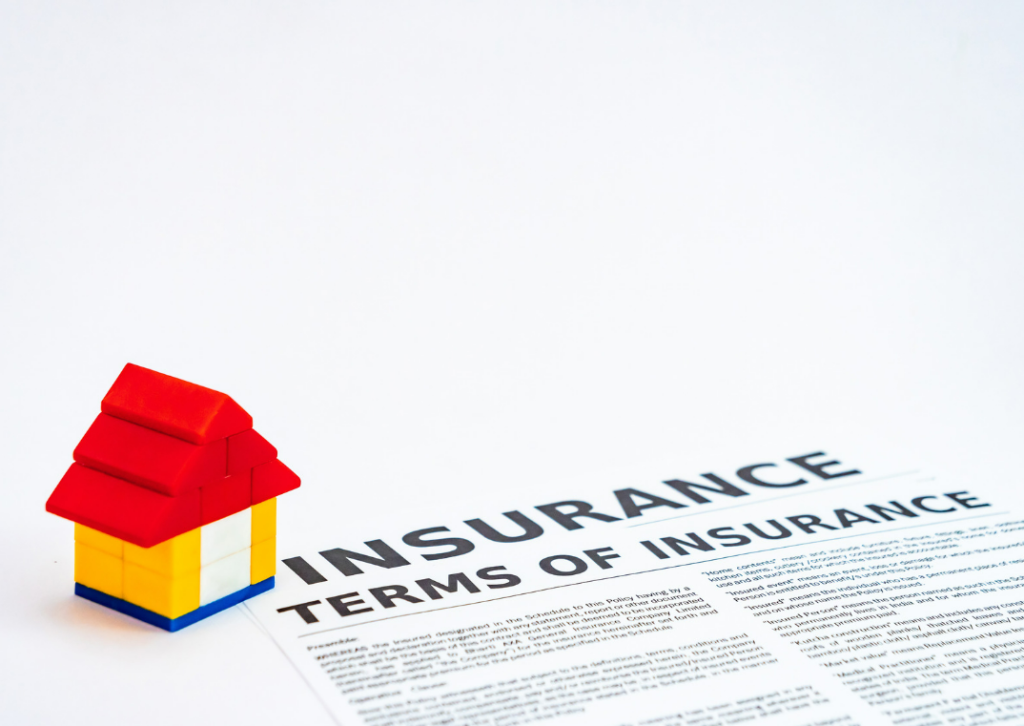Home insurance protects the owner against sudden theft, fire, and any other type of natural calamity. However, in this regard, striking a fine balance between good wide coverage and finding relatively cheaper premiums is required.
Table of Contents
A large number of property owners hardly know how much insurance is actually needed, or that they are well covered by it, without actually paying too much on this score. Here are some practical ways to make maximize your home insurance while still keeping your expenditure to minimum.

Maximize Your Home Insurance
Understand Your Coverage Needs
Having the best coverage for a home insurance policy begins by having an understanding of your needs. No two homes are similar; several factors define the type of coverage necessary, including the location, size, and materials used for its construction.
Houses in areas prone to flooding may require additional insurance to cover them against floods, while those that are in areas prone to wildfire would want to add more protection for fire. By evaluating these variables, you will be assured that you buy the right coverage and avoid unnecessary costs while still protecting your investment.

Make a Thorough Inventory of Your Home
A well-documented inventory of your possessions makes a big difference in terms of the accuracy of your coverage. In your home, list all of the valuable items including furniture, electronics, appliances and personal possessions.
Note an approximate value and keep receipts or photographs as proof. An inventory not only ensures that your possessions are properly covered, but it also makes filing claims easier if your possessions become lost or damaged. Being underinsured will lead to a financial headache while being over-insured will lead to higher premiums.
Choose the Right Deductible
Your deductible is the sum you accept to pay out of pocket before your insurance kicks in. Normally, the higher the deductible, the lower your premium is. Assess your financial capability to pay an increased deductible in return for lower premiums.
It could save you a lot while retaining the same quality of your coverage, but try not to set it too high, because that may lead to some issues at the time of making a claim.
Bundle Insurance Policies for Discounts
Most of the insurance companies have given discounts for customers who can have multiple policy bundles, for example, home and auto insurance together. This bundling not only simplifies your policy administration but also allows you some cost savings to increase coverage.
While seeking bundling, shop and compare your quotes across multiple providers as you would do for individual policies. The trick then helps you enhance your personal finance plan with reduced expenditures but with strong and broadened scope of cover.
Improvement of Your House Safety Features
Insurance premiums are very often based on the safety and security of your home. If you have an above-ground pool, the risk may be double. Smoke detectors, burglar alarms, and fire extinguishers lower your risk profile and may earn discounts in your policy.
Likewise, updating older electrical or plumbing systems reduces other hazards and further lowers your premium. Check with your insurance provider about which safety improvements will earn discounts, and make strategic upgrades with your budget in mind.
Avoid Overlapping or Redundant Coverage
One would not want to pay for the coverage that one does not need or has covered from somewhere else. For example, in case one already has a home warranty currently in place, which already covers appliance repairs, then that may not be an issue to buy additional insurance coverage for those items.
Likewise, review policies for duplicate coverage-like duplicate liability protection-and cut through where possible. Read your policy carefully to make sure you’re paying only for protection you need.
Review and Update Your Policy Regularly
Your insurance needs may evolve over time due to renovations, new purchases, or changes in the housing market. Regularly reviewing your policy ensures it remains aligned with your current needs.
Schedule an annual policy check-up with your insurance agent to assess whether adjustments are necessary. This proactive approach helps maintain comprehensive coverage without incurring unnecessary costs, keeping your financial planning on track.
Shop Around for the Best Policy
Insurance rates and coverage options can vary greatly depending on the provider. Insurance quotes should be shopped, and at least three quotes from different companies should be sought.
Online tools and comparison websites make this easier now than ever. Find one that balances cost, coverage, and customer service. Often a switch in providers can equate to substantial savings without giving up quality.
Take Advantage of Loyalty Programs and Discounts
Many insurance companies reward long-term customers with loyalty discounts or other perks. Ask your provider about available discounts based on your policy tenure or specific affiliations, such as military service, senior citizen status, or membership in certain organizations.
These savings can be reinvested into additional coverage options, ensuring your policy provides maximum protection.
Educate Yourself About Policy Exclusions
It’s just as important to know what your policy doesn’t cover as it is to know what it does. The list of common exclusions could include anything from flood or earthquake damage, which require separate policies.
Understand these exclusions to avoid any surprises that may arise during the claims process. If you live in an area prone to certain risks, consider getting supplemental coverage to address these gaps and ensure comprehensive protection.

Keep a Good Credit Score Rating
In many instances, your credit score will impact your premium for home insurance. Most often, an insurance company will use a credit-based insurance score when calculating risk in determining the cost of insurance.
Keeping a good credit history by paying bills on time and minimizing outstanding debt helps lower the costs of insurance. Not only will this approach keep your insurance premiums low, but it will also add value to your general personal finance.
Actually, in order not to overpay while maximizing home insurance, one needs to think deeply through some balance between needs, financial capability, and risk profiles.
By understanding your needs for coverage, taking a thorough inventory of your home, and leveraging discounts, comprehensive protection will no doubt come at reasonable costs.
Regular review and updating enables your policy to keep pace with your circumstances. In doing so, a lot of these strategies will not just protect the house but also complete your personal finance plan to bring lots of peace and financial stability.


